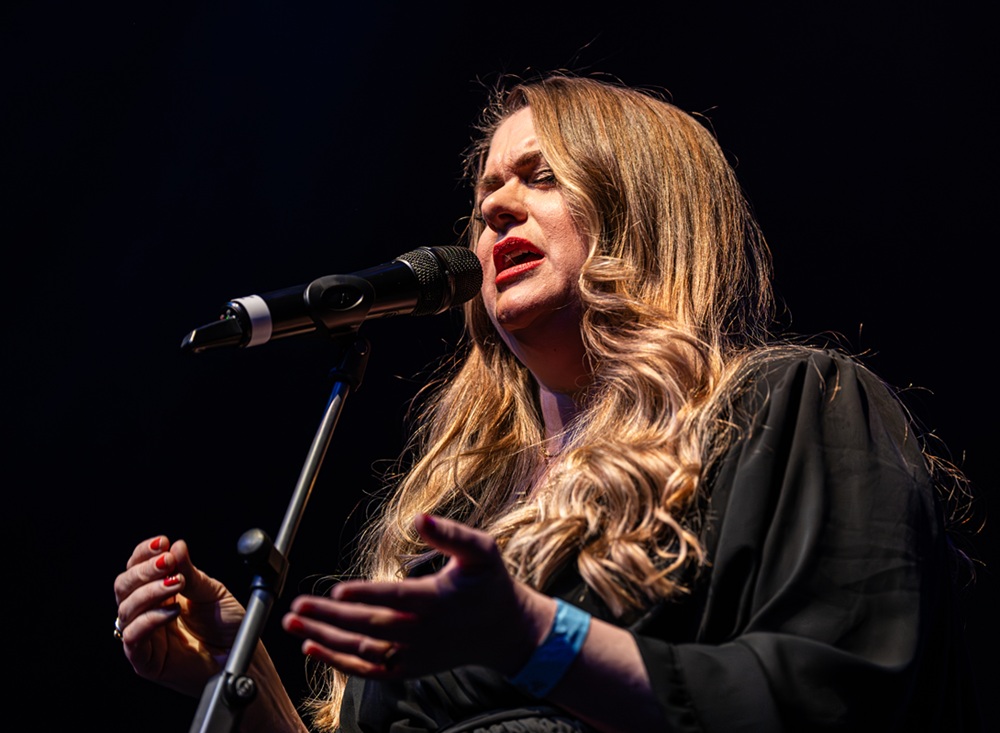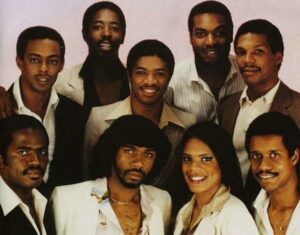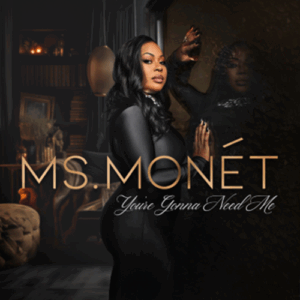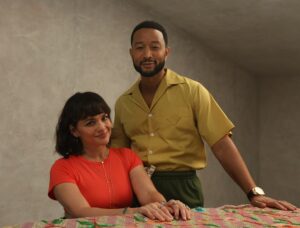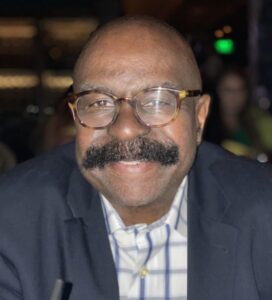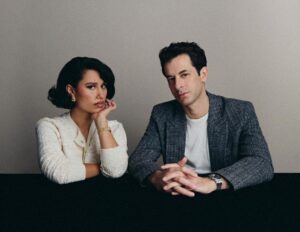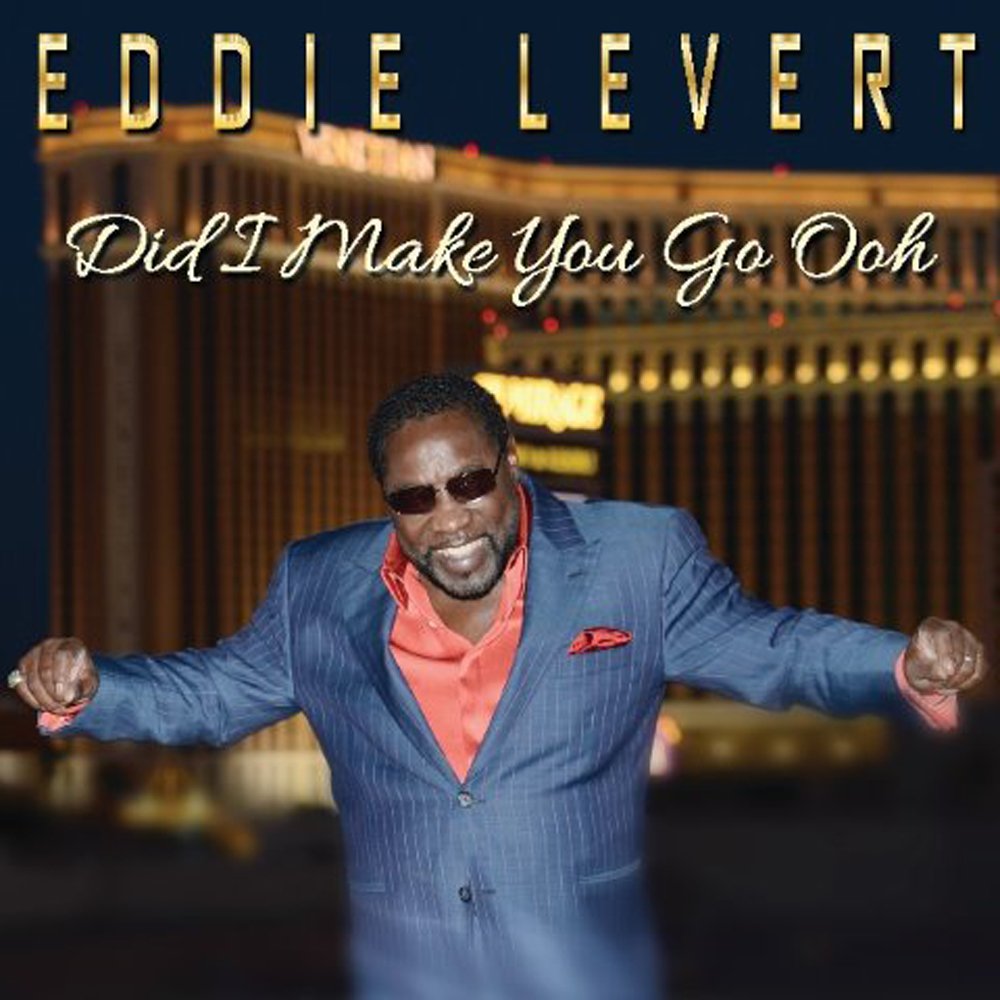(March 31, 2025) The greatness in “Someday We’ll All Be Free” is that the tune has come to represent so much more than what lyricist Edward Howard had in mind. Howard was moved to write the lyrics in hopes that Donny Hathaway would someday be free from the mental illness that tormented him.
Those lyrics, which read like a parent, friend or mentor offering words of encouragement and advice and hope for a better world in the future, carried additional meaning in the early 1973, when the promises of the Civil Rights Movement appeared to be stifled by assassinations, never ending war and backlash against the move for Black liberation.
The waxing and waning of the movement for justice assures that “Someday We’ll All Be Free” will be an anthem artists will seek to reinterpret when freedom and justice appear to be a long way off. A time like now,
That is what inspired British artist Jo Harman render her intimate rendition of Hathaway’s classic anthem. Harman has no shortage of inspiration. She is looking outside at the state of our disordered world and looking inward at her twin toddlers and four-year-old daughter. Harman’s intimate makes the listener think that the singer wants her children to know that it’s going to be alright. Check out the World Premiere of Jo Harman’s interpretation of Donny Hathaway’s classic anthem here.
By Howard Dukes
